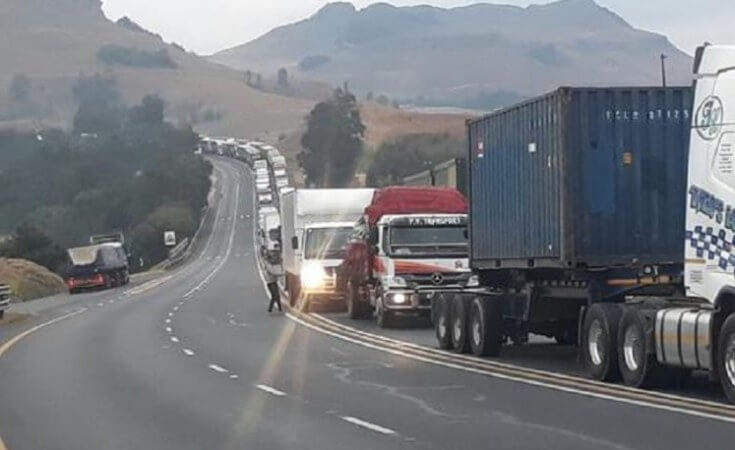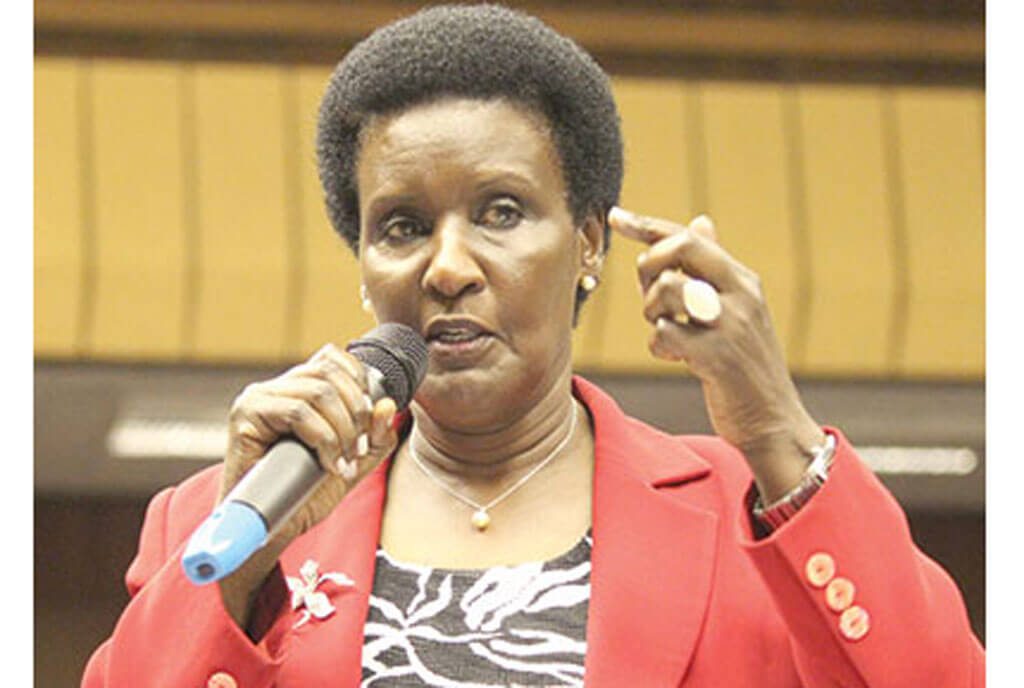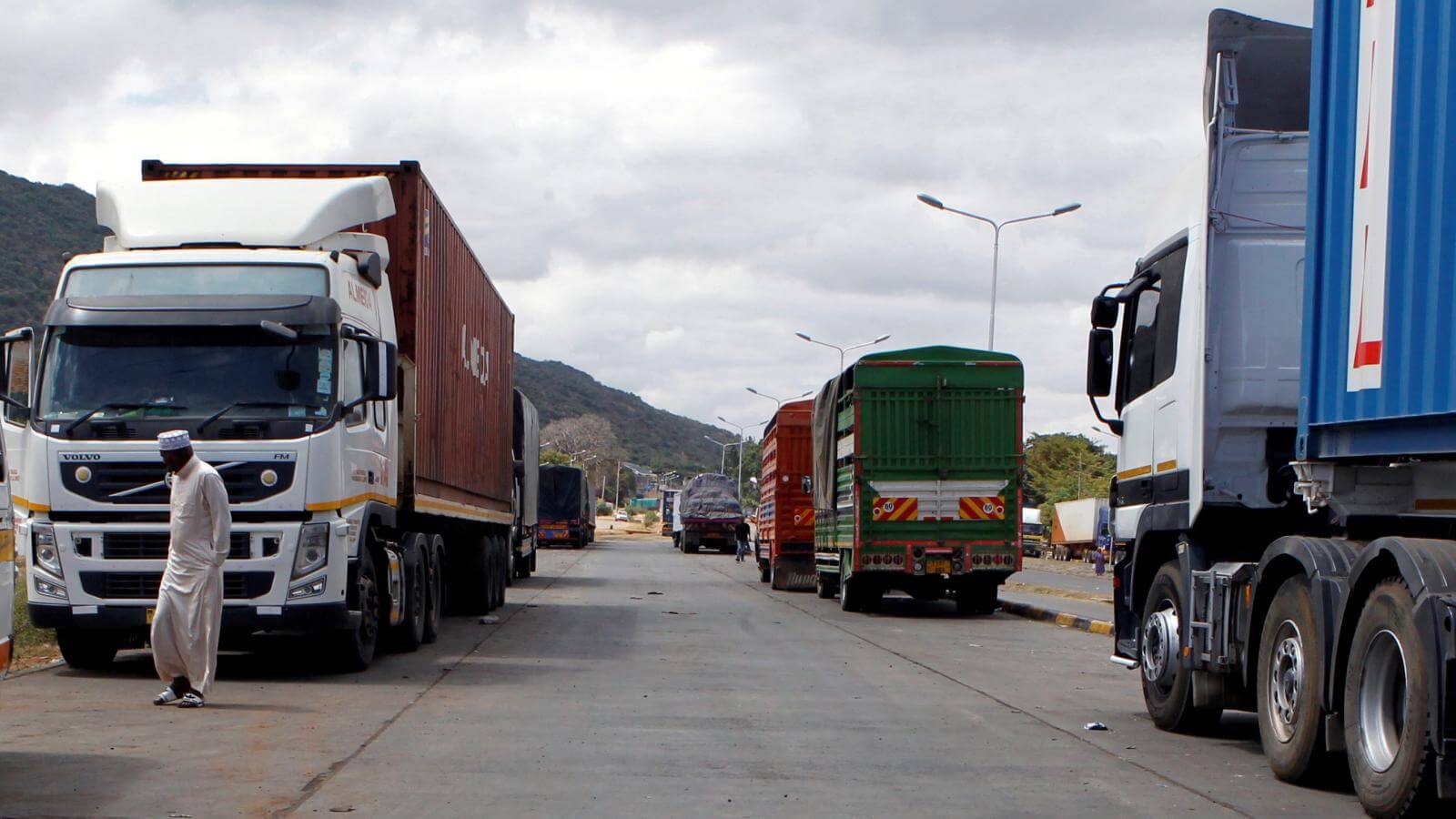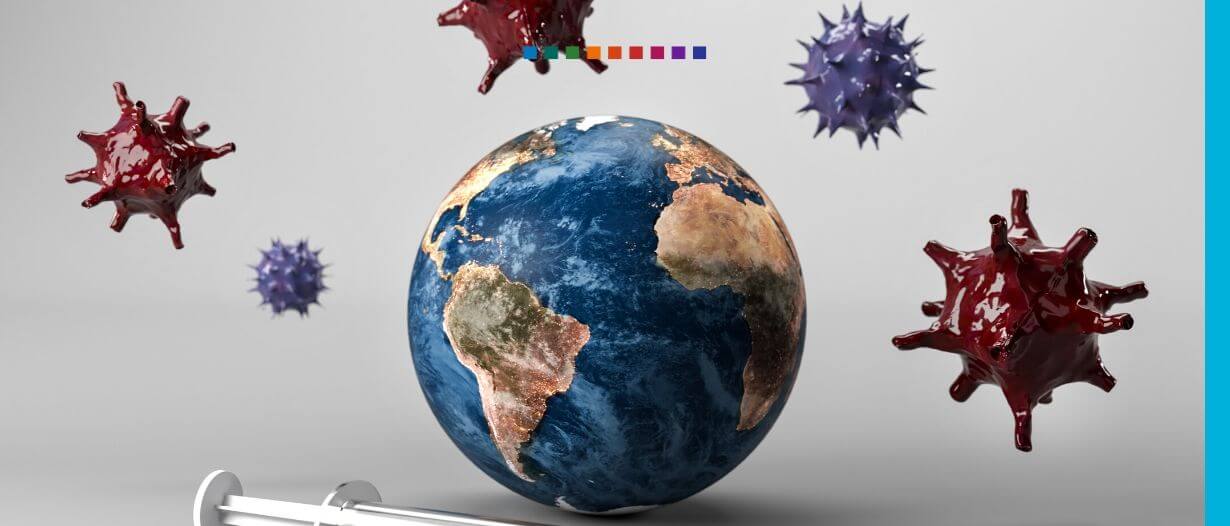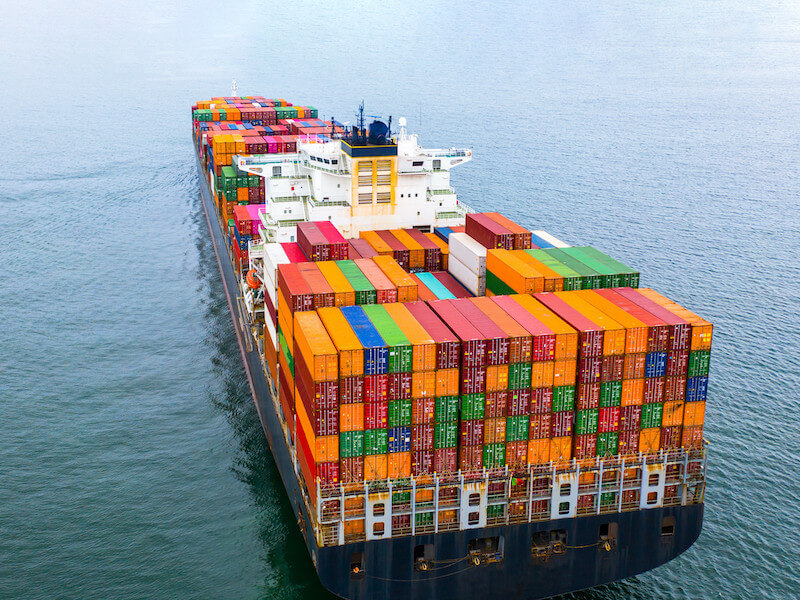Since the creation of the Continental African Free Trade Area (AfCFTA) endorsed at the African Union Summit in Niamey on July 7, 2019, we have been pushing forward the idea that a common market for and by Africans is possible and create a single market for goods and services to facilitate the free movement of people and investments and lay the foundations for a continental customs union. We continue to promote this economic integration among Heads of State and Government, emphasizing the sharing of economic benefits over historical rivalries and relative gains. This study is part of this process. It provides an overview of all the local and international challenges likely to increase or hinder the implementation of the agreement. It thus enlightens African decision-makers by providing them with objective figures to guide them in their decision-making. For the prerequisite for the implementation of the AfCFTA remains the political will to advance intracontinental trade relations. This will require stakeholders to coordinate and harmonize trade policies at the national, regional, continental and global levels. Rethinking government revenue sources The AfCFTA calls for the elimination of 90 per cent of tariffs on intra-African trade, which for some countries dependent on these taxes could represent a drop-in government revenue and thus an obstacle to the success of the agreement. However, according to data from the study, intra-African tariffs are low relative to tariffs between Africa and the rest of the world. About 1.5 per cent of Africa’s GDP or $37 billion comes from...
Giving ourselves a chance to make AfCFTA a success
Posted on: May 29, 2020
Posted on: May 29, 2020


